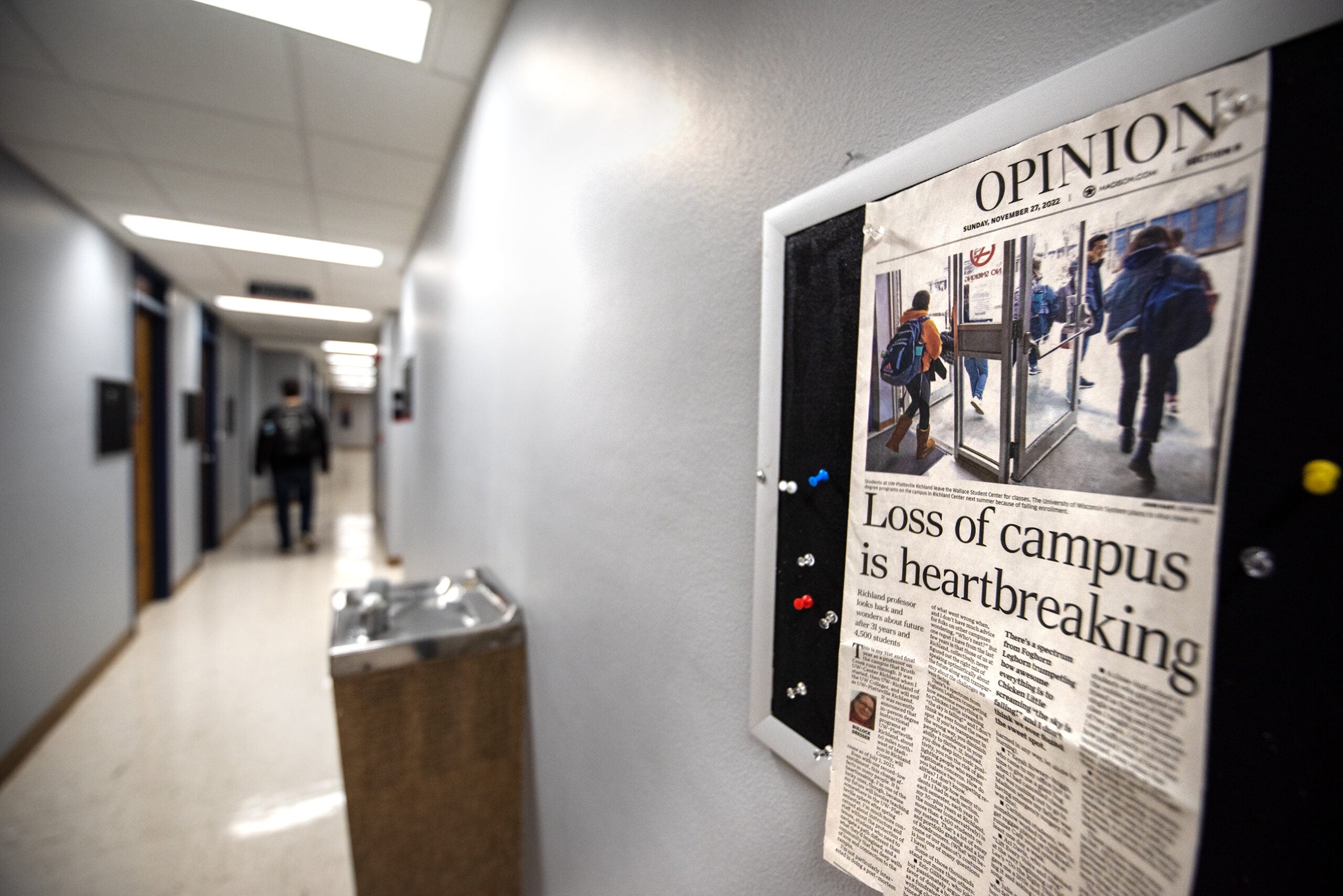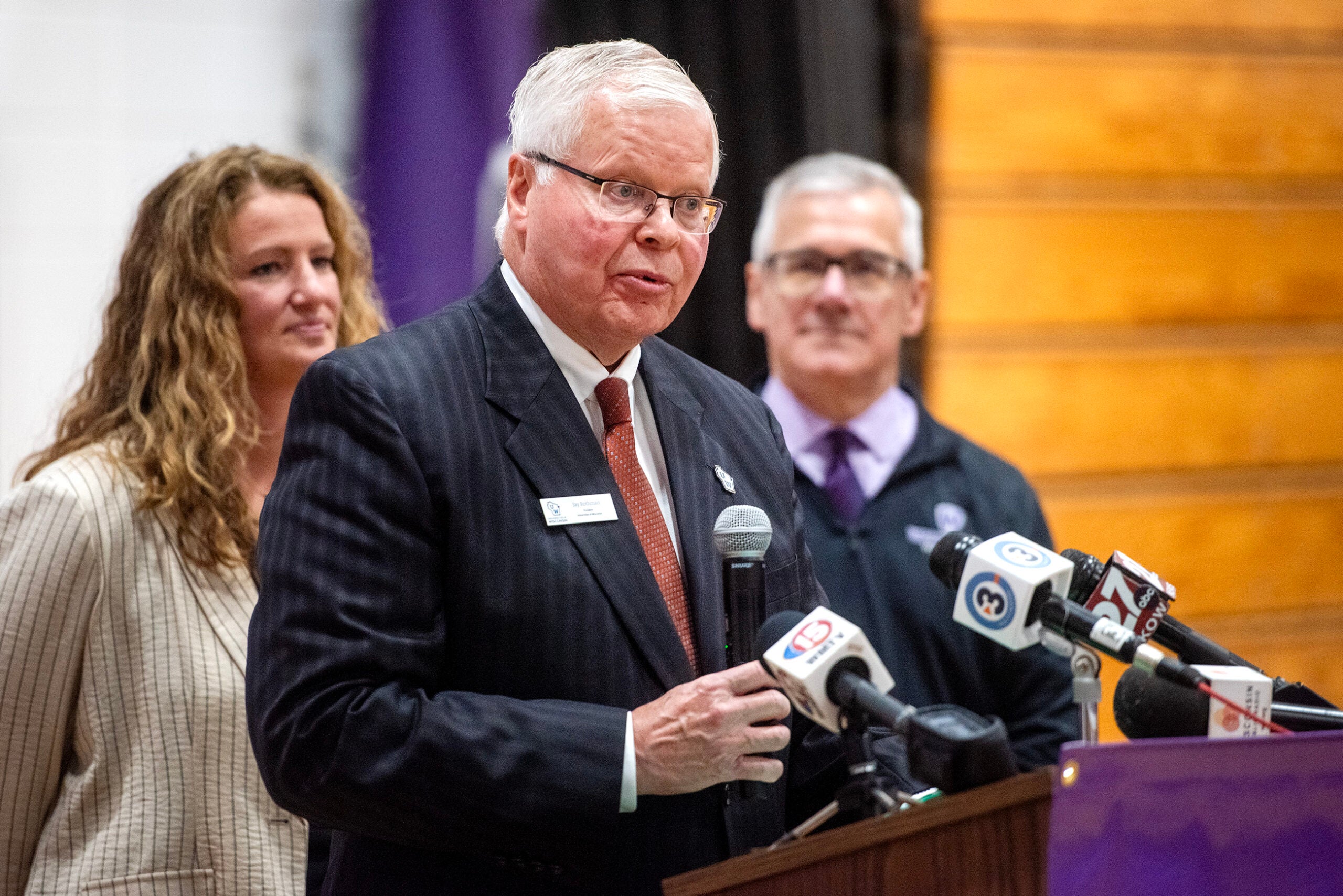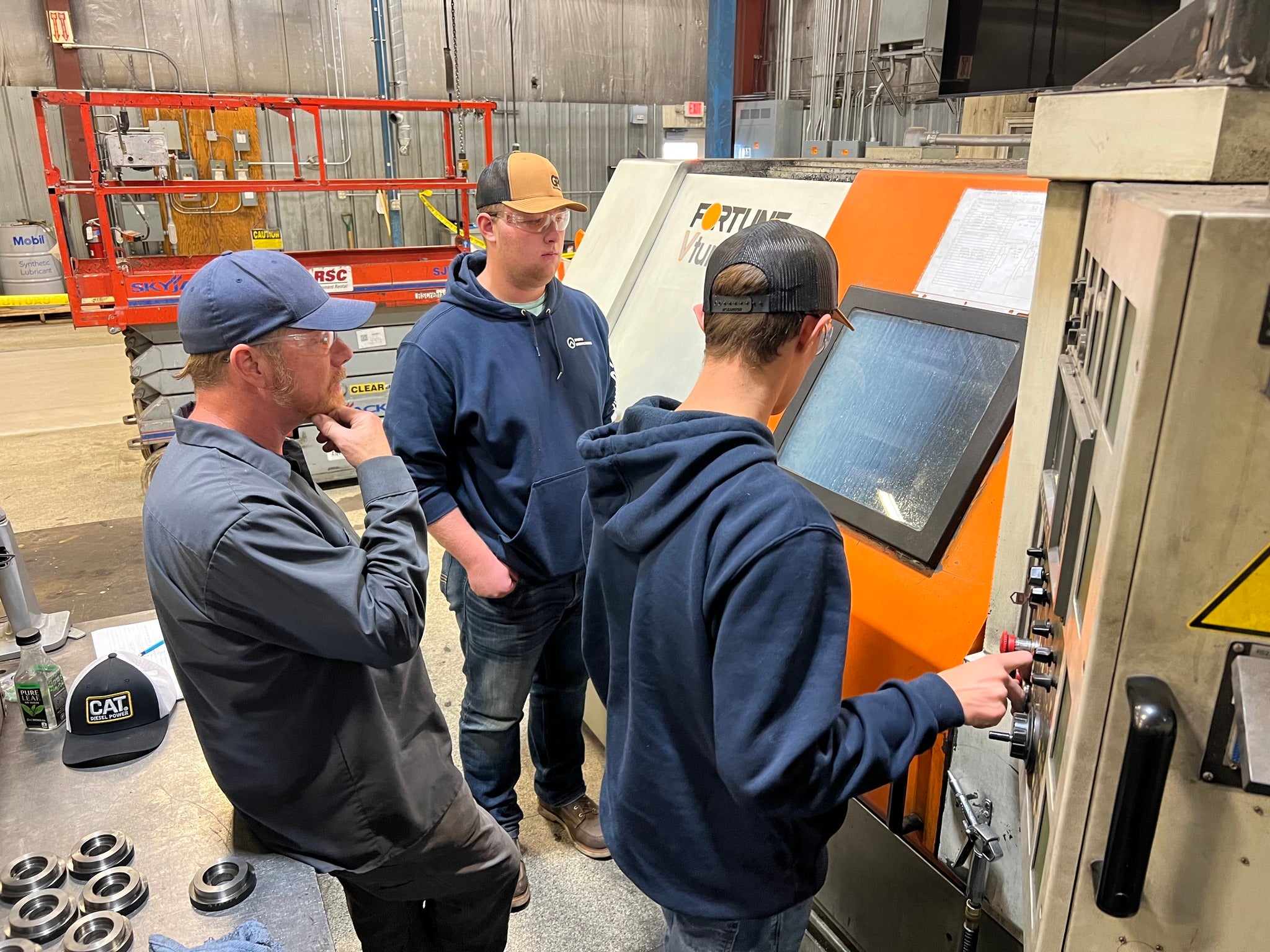To counter projected declines in the number of Wisconsin high school graduates, the University of Wisconsin System is doubling down on online course offerings in hopes of enrolling more adult learners.
Online classes are not new to UW System campuses but since 2017, online education initiatives have been grouped under a new division called the UW Extended Campus or UWEX.
On Friday, the UW Board of Regents will discuss a goal set by UWEX to double online enrollments by 2025 by adding two new online programs each year through 2025. According to meeting materials provided to regents, UWEX enrollments have grown by 54 percent over the last five years to more than 4,800 students. At the same time enrollments across the UW System’s brick and mortar campuses have declined by an average of 2.3 percent.
News with a little more humanity
WPR’s “Wisconsin Today” newsletter keeps you connected to the state you love without feeling overwhelmed. No paywall. No agenda. No corporate filter.
UW Board of Regents President Drew Petersen said redoubling online course offerings will ensure the UW System can adapt to a changing student body.
“There are fewer high school seniors graduating now than 2010 and the future forecast suggests there will be fewer,” said Petersen. “So, we need to be nimble and assertive about looking at other potential enrollment growth opportunities for in-state residents.”
According to a report by the Western Interstate Commission for Higher Education, demographers anticipate an “enrollment cliff” among college age students between 18 and 24 years old nationwide between 2025 and 2030 due to an 8 percent decrease in the number of high school graduates.
Despite that, Petersen said the U.S. Census Bureau statistics show there are an estimated 817,000 Wisconsinites who have earned some college credits without graduating. He said doubling online courses is one way to offer flexible options for that population and stem projected enrollment declines.
“So, I think that’s a component,” said Petersen. “Focusing on students of color, that’s a component. But we really have to be aggressive about looking to grow the college enrollment population. And it’s not just at the UW System, it’s also at the Wisconsin Technical College System.”
According to the regents meeting materials, it takes between 18 and 20 months to develop a new online program and requires around $1 million in “seed funding” before online tuition revenues cover the costs of development and program management. That money comes from UWEX revenues from other online programs and from cash balances.
Aaron Brower is the executive director of the UW Extended Campus. He said because of the power of the UW brand, they’ll have no problem doubling online enrollment over the next six years.
“We’re adding in three main areas, which are the ones in highest demand: business management, IT and health care,” Brower said. “So, there’s really a lot of demand there and all sorts of needs and using the strength of the whole UW is really the way to go.”
UW-Parkside already partners with UWEX to offer 10 online degree programs. UW-Parkside Chancellor Debbie Ford said one of the strengths of the extended campus model is that multiple campuses from across the state can participate in a collaborative model organized and managed by a single UW division.
“UW Extended Campus determines market need and they then ask campuses if they would like to participate,” Ford said. “Oftentimes, this is based on faculty expertise and their interest and then the campus then decides do we want to offer and be part of this collaborative degree program.”
Marie Cini is president of the Council for Adult and Experiential Learning based in Chicago. She said that while four-year universities have traditionally been built around serving 18- to 24-year-olds becoming full-time students, the world is changing around that model. She said as the number of those students declines, colleges must embrace adult learners who work and may have family commitments that require flexible, online options.
“I think it’s really a good move that the regents are entertaining these discussions and having these discussions because, increasingly, as we see this level of major change across the country, it’s going to take strong leadership to help move us away from the status quo,” said Cini.
Wisconsin Public Radio, © Copyright 2026, Board of Regents of the University of Wisconsin System and Wisconsin Educational Communications Board.







